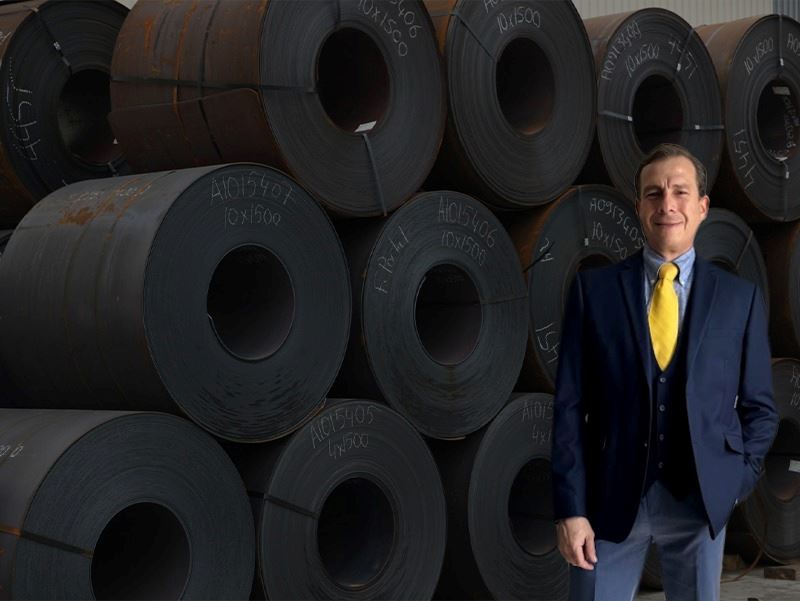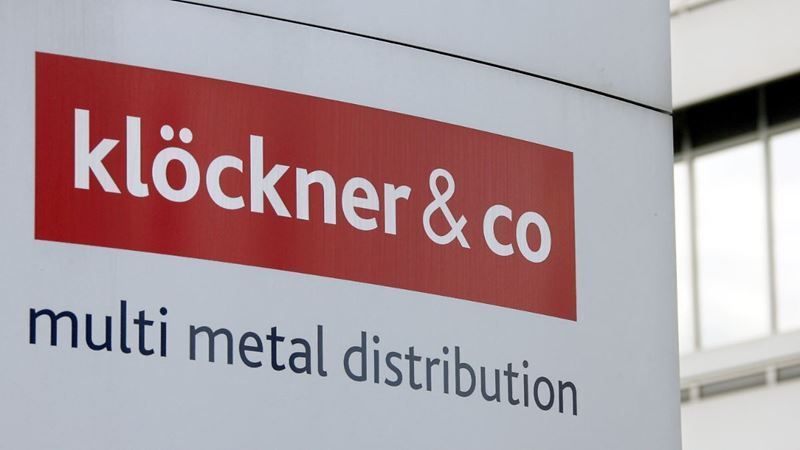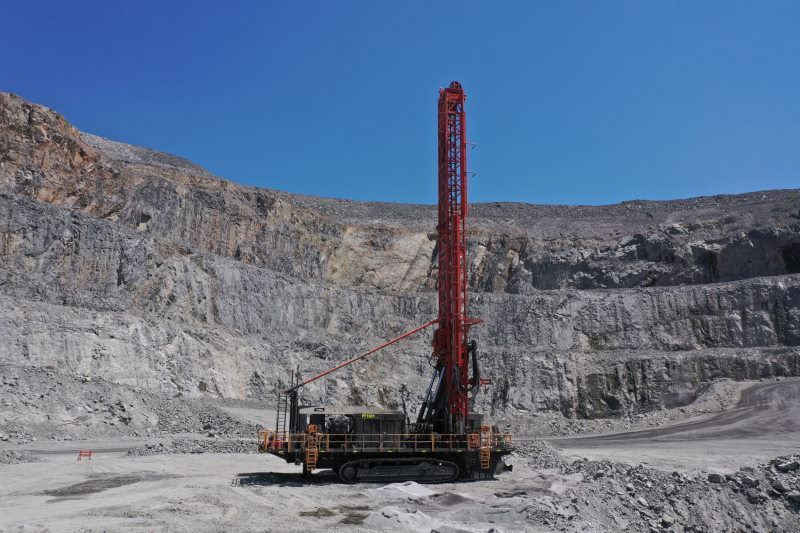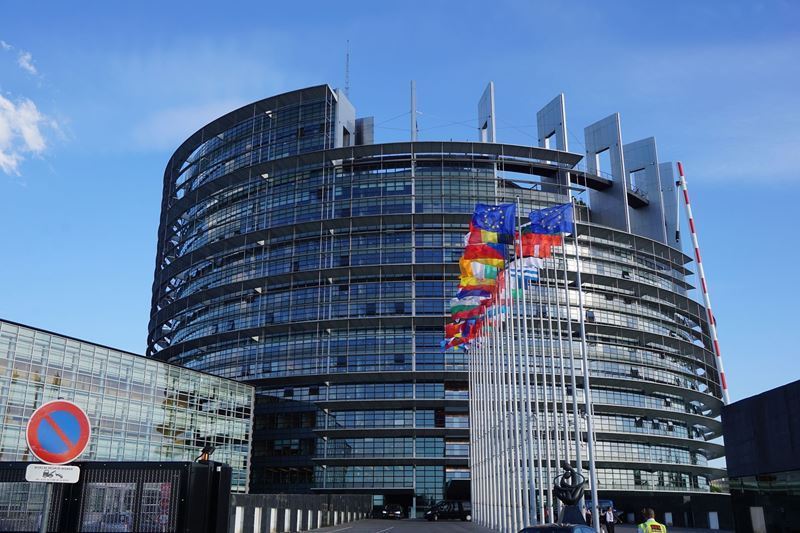Mexico's approach to steel in the automotive sector is undergoing a major transformation, Rubén Escalante, Senior Commercial Manager for Mexico, shared with SteelRadar. He emphasized that demand for high-performance materials is increasing, while structural issues continue to put pressure on the sector. According to him, this transformation is proceeding with a “two-speed dynamic”.
New automotive platforms increase demand for steel know-how
Escalante noted that the demand for steel in the automotive sector is not only a supply in tons, but also encompasses technical aspects such as engineering support, formability prediction and the behavior of the material in the battery housing. With the proliferation of electric vehicle platforms, advanced high-strength steels (AHSS), ultra-high-strength grades and coated steels are no longer a choice, but a necessity, he stated. He added that suppliers are now expected to supply products as well as offer technical expertise and support.
USMCA's impact on the supply chain: Regionalization and the search for local resources
According to Escalante, the North American Free Trade Agreement (USMCA) is reshaping supply chains in Mexico's automotive steel market. It is no longer enough to simply import the low-cost products from abroad. Due to rules of origin and content requirements, OEMs and Tier 1 suppliers are turning to producers within North America. This has led US-based companies such as Nucor and Steel Dynamics to increase their market share in Mexico, while local producer Ternium continues to play a strong role. However, Escalante also emphasized that AHMSA's bankruptcy still leaves a huge gap in the domestic supply chain.
Deficit in AHSS supply: Imports come from Korea and Vietnam
Noting that capacity is still limited in some special steel grades in Mexico, Escalante stated that this shortfall is mostly compensated by imports from Korea and Vietnam. However, these imports come with risks such as tariffs, origin control and ESG (environmental, social and governance) compliance, he explained.
ESG and traceability becoming the new norm in automotive steel
Noting that automobile manufacturers are now asking questions such as "Where does this coil come from? What is its carbon footprint?" Escalante stated that full traceability has become a standard in the steel supply chain. Service centers and facilities that fail to provide sustainability data may lose competitive advantage or even be excluded.
Electric vehicles and battery chain bring new wave of investment
Escalante expressed his belief that electric vehicle production and battery supply chains will create a new wave of investment in Mexico. He noted that Chinese automakers BYD and Chirey have shown serious interest in Mexico and that the market is moving in that direction, although plans are not yet fully finalized. He also emphasized that with renewable energy and logistical improvements, Mexico could become a regional hub for “cleaner” steel production.
Critical threshold for service centers: Modernization is essential
Escalante stated that service centers in Mexico are currently facing a great opportunity. He noted that centers that can modernize, shorten delivery times and offer more flexible distribution models can stand out from the competition by going beyond the "metal on a truck” expectation of OEMs and Tier 1 suppliers.
Structural problems discourage investors
However, Escalante noted that the current government in Mexico is not willing to support the automotive sector and the lack of strategic vision creates uncertainty for investors. Mexico's advantages such as its industrial infrastructure and proximity to the US have not been sufficiently utilized, Escalante stated, noting that Canada offers a more stable and investment-friendly environment in some ways.
Nissan is restructuring: Production consolidation at the door
While no official closure announcement has been made regarding Nissan's plants in Mexico, Escalante indicated that the company is on track to reduce its workforce in the country by 15% and consolidate production as part of its global cost-cutting plans. He stated that this development could have a serious impact on the Mexican automotive sector in the coming years.
Port corruption and fuel theft undermine trust
Stating that corruption cases at Mexican ports have been negatively affecting the sector for a long time, Escalante reminded that the government recently canceled over 1,000 steel import registrations due to irregularities. He stated this was related to issues such as tax evasion through empty companies and distortion of fair competition in the local market. He added that fuel theft, known as “huachicol” in Mexico, is also a major concern, leading to serious economic losses for Pemex and US energy companies.
“A time of pressure and opportunity”
Escalante pointed out that all these factors put the automotive steel sector in Mexico in a complex picture. In this period of both investment opportunities and challenges, he emphasized that international actors must carefully analyze the situation for the sector to succeed.










Comments
No comment yet.